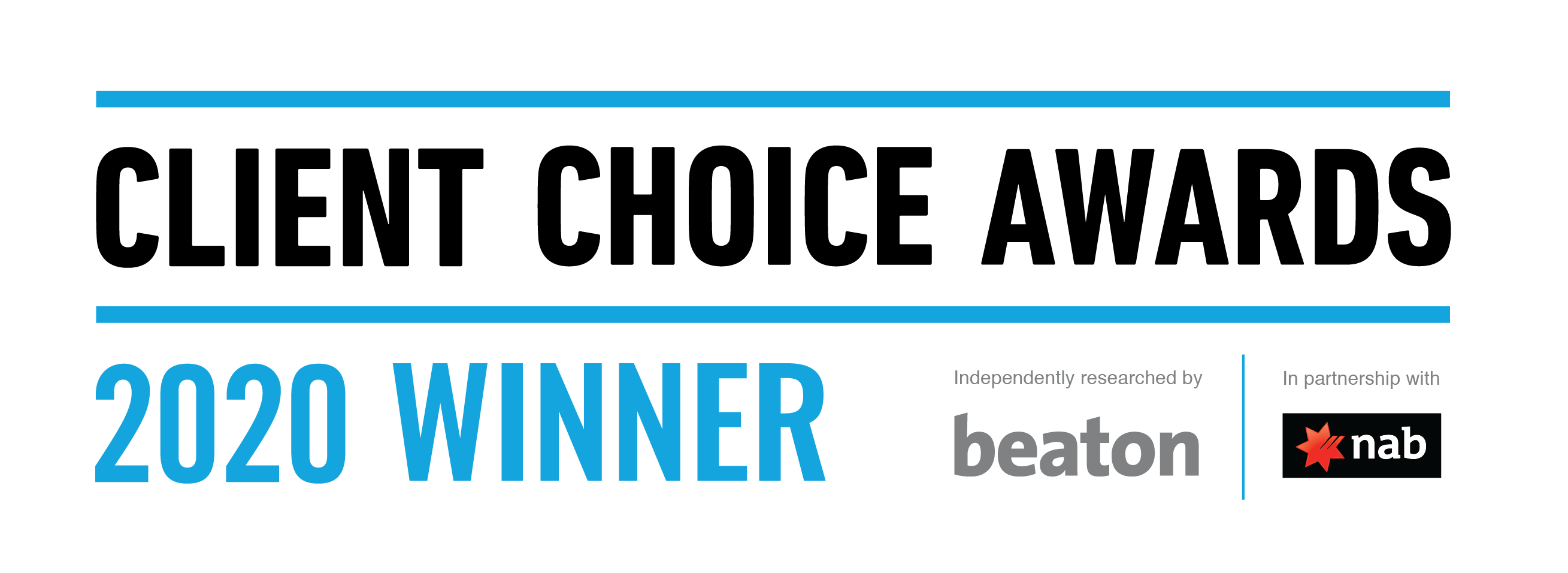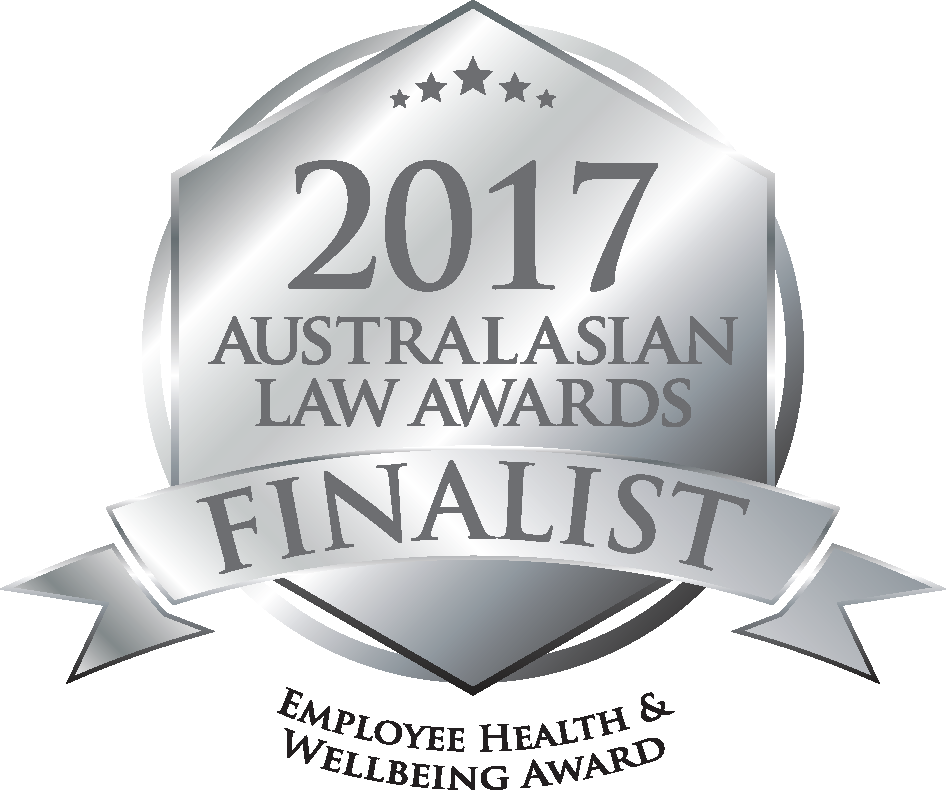
Navigating life after medical negligence can be a difficult time for most - but it doesn't have to be. By following a tailored step-by-step plan, you can proceed with claim certainty, resting assured that you know what to do, when to do it, and how to be prepared for what comes next.
Every year, thousands of Australians miss out on compensation because of the seemingly overwhelming task ahead of them. But it shouldn’t have to be that way. By using a step-by-step approach, you can tackle bite-sized, results-driven chunks one step at a time; guaranteeing you never feel overwhelmed by the perceived effort of a claim.

I searched for countless lawyers to help me and these lawyers were the seventh that reached out to me for assistance. Not only were these lawyers professional in all areas, knowledgeable, determined, wonderful listeners, approachable and supportive, but they were kind and attentive to all my needs. I never felt alone. I am so grateful for the outcome they achieved for me in my claim because now I have the comfort to meet the challenges I have to face on my road to recovery.
Their expertise in this field astounds me. They handled everything with skill, compassion and confidence. All proceedings were explained to me in helpful detail. I am truly grateful to Georgia Atcheson, Renee Davidson and Terry McCormick and the entire team for their professional service and support. They went over and above and made me feel like I matter. I am even receiving a congratulatory package from them in the mail shortly! Thank you so much!
Helen gittens


Delivering transparency to clients is on the forefront of what we do, and our step-by-step approach is just one of the ways we’re working to break down the wall of uncertainty built by thousands of lawyers across the years.
With us, the answer to your question will never be ‘it depends’, but instead a step-by-step breakdown.
That’s a guarantee.
Don't allow yourself to be misled by lawyers who use the smokescreen of uncertainty to charge more. Put yourself back in control with a step-by-step plan, understanding exactly what they're doing, when they're doing it, and why they're doing it.





Medical Law © 2020 Privacy & Disclaimer